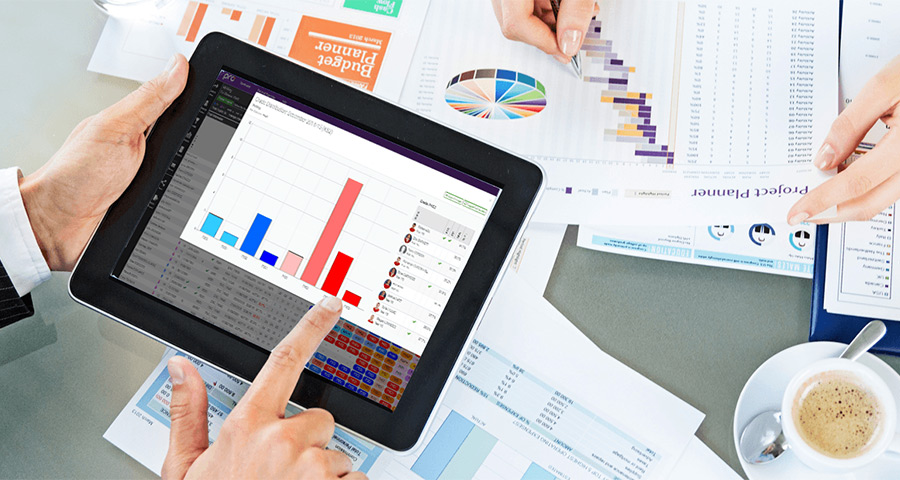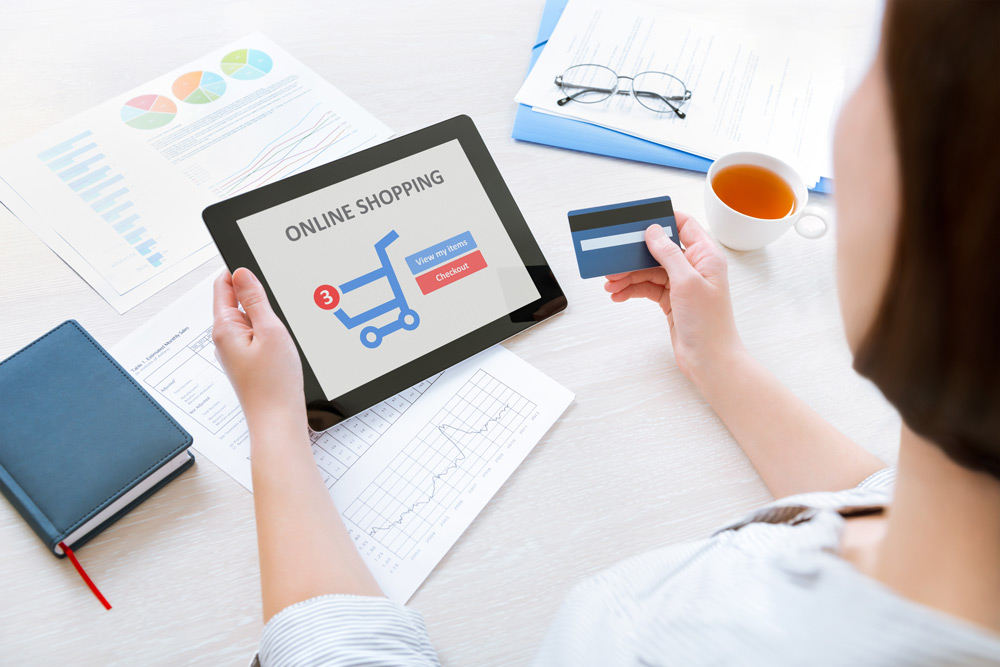By: Archana Dhankar
The original blog post was published on B2BMarketing.Net. Click the link to read the full post goo.gl/7lx6r9
Today’s marketers have more access to data, manage multiple marketing campaigns, website traffic, social media, customer enquiries, media planning and events than ever before. You are responsible for ensuring every single activity is tracked, managed and a corresponding ROI is provided.
Combined with getting to grips with the digital transformation currently taking place, you are pressured into finding ways to speed up the management and interpretation of marketing data. Whilst every marketer knows that data is key when it comes to assessing customer experience or measuring ROI, it’s not always easy to make sense of it all.
This is where marketing data visualisation comes in. Data dashboards have been standard equipment for CEOs for years, but now marketing managers are increasingly learning to explore their own dashboard reports. By providing a simple interface through which you can view your key performance indicators (KPIs), dashboards enable you to cut irrelevant information. This makes day-to-day processes agile, bringing transparency to KPIs, enabling you to act quickly and drive business success.
Here’s eight ways that dashboards can help you speed up your data process:
1. Enable you to see the bigger picture
Marketers typically obsess over the finer details. A marketing dashboard forces you to take a step back and see your overall marketing strategy. Looking at the bigger picture highlights trends and patterns that were previously out of view and enable you to see which campaigns are successful, helping you to make your marketing efforts more efficient.
2. Prevent silos and streamline communications
Having a dashboard is critical to ensure you gain a single view of operations to map performance, identify trends and help predict future opportunities or requirements to change priorities. Unifying the data also allows one version of the truth, making sure that any discrepancy in data collection is being caught right at the start.
3. Find out more about your target market
A good knowledge of your target market is also important to make marketing campaigns effective. A marketing dashboard can give you insights into target markets, such as where and when your audience spend most of their time online, how well they respond to email campaigns, and on which social channel they are most active.
4. Discover which of your marketing channels are most effective
With digital media and website traffic, marketing teams need to be able to track how many visitors each channel brings in; how effectively each source is contributing to sales or ROI; and the corresponding conversion rate. Dashboards can easily bridge the gap, helping to compare each channel to see which are worth more attention.
5. Saves time on manual processes
Exporting data into Excel to create weekly metric reports or taking screenshots of Google Analytics data takes valuable time. Using a dashboard allows you to set a schedule so that your charts and dashboards are updated automatically.
6. Pinpoint the information you need now
Dashboards not only give a holistic view of current performance, but also provide the ability to drill down to highlight specific priorities and the flexibility to segment and filter data to understand customers at a more granular level. This allows you to decide and report on the KPIs most relevant to your work area rather than be overloaded with irrelevant information.
7. Employ historical data to improve future outcomes
As data becomes ever more prevalent, managers have come to expect data-driven decisions. By ensuring you’re tracking the right metrics, you can monitor which campaigns are providing the best ROI. Data visualisation provides the platform to standardise the way each campaign is tracked. A quick inspection of your dashboards can then help to bring out past trends that can be utilised for future gains.
8. Employ gamification for increased productivity, clear ROI and effective forecasting
Gamification – the concept of applying game mechanics and design techniques to enhance the user experience – promises increased productivity, clear ROI and more effective forecasting thanks to its ability to process different data streams and simplify it into more manageable chunks of visual information. This could be shown as horses on a race track which proceed towards a jump each time a lead is converted, or an outbound email campaign has been opened, driving a positive business outcome. Dashboard technology lends itself well to gamification; it allows you to see what is happening across all marketing campaigns, and where improvements need to be made. When employed correctly, gamification can demonstrate ROI linked directly to marketing activity, can be used as a tool to incentivise sales and enable insightful forecasting.
Data visualisation is quickly becoming the standard for marketers everywhere and those who embrace dashboards will find they can make smarter decisions, quickly. Not only do dashboards provide the support you need to justify decisions about how to move your marketing efforts forward, but they show you which path to take to get there.






